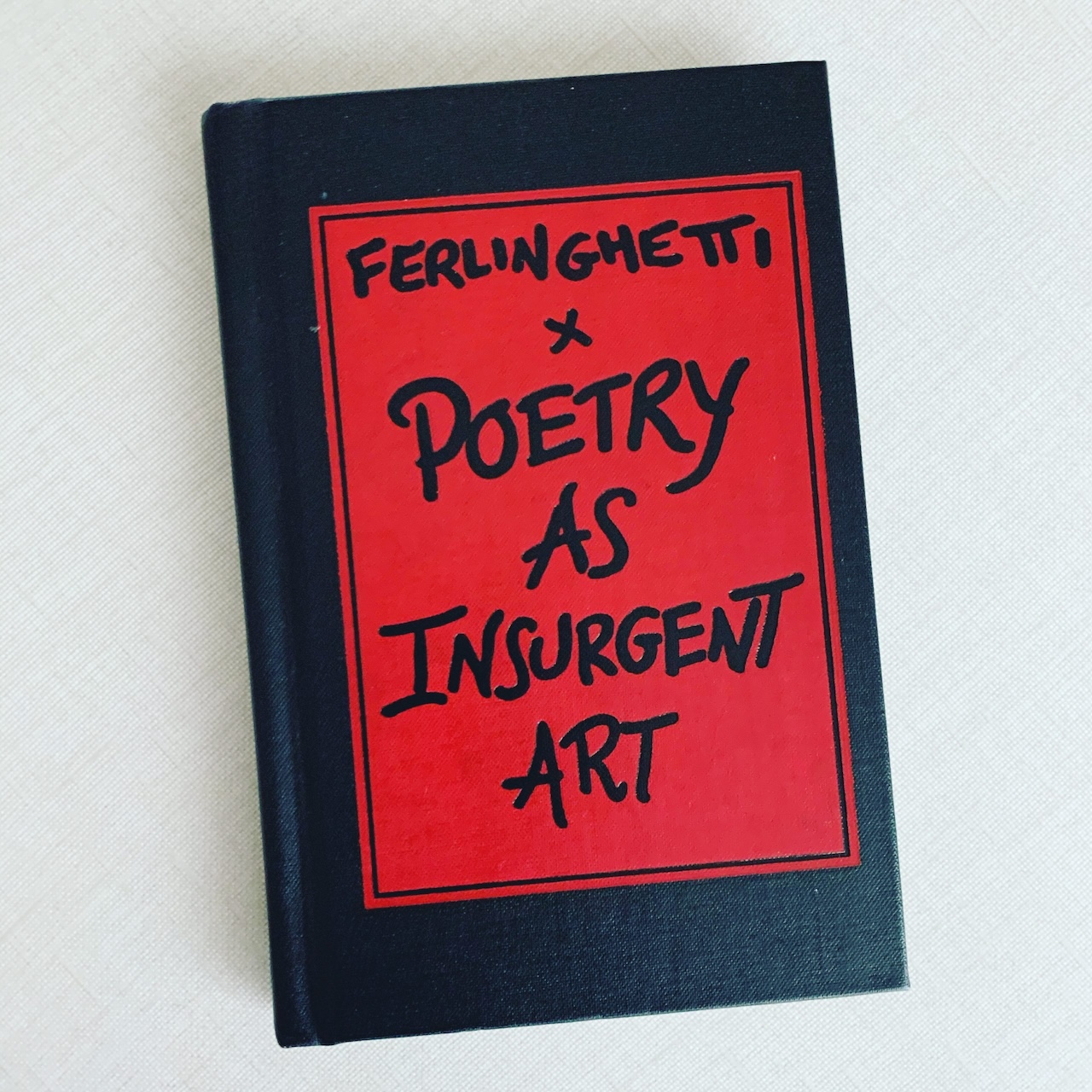Poetry Corpus
The Foundation has collected a corpus of over 250 volumes of male survivor poetry, most of it in collections by single authors, but also including material in anthologies. Most of the known work has so far been in English, but French, German, Italian, Portuguese, and Spanish are also represented. The authors come from every continent in the world, except Antarctica.
The magnitude and scope of the material already suggest its utility as a research resource, and many of the books are available in libraries or as eBooks. Many of the works in the Foundation's corpus are out of print, rare, and held in very few libraries. In some cases, the only known copy of a book is the one in our corpus.
The topics covered include not only specific abuse issues, but extend to the entire range of life itself. So already, this work highlights the crucial point that in the aftermath of sexual abuse a survivor’s life isn’t necessarily dominated by the consequences of abuse. In fact, many of the poetry collections below reflect the author’s engagement with topics that non-survivors would readily recognize as their concerns too. The material can also be fruitfully researched according to such categories as gay survivors, ethnic minorities, clergy abuse, and female offenders.
Interested in Corpus Data?
Contact us for information on purchasing corpus data. Also, if you are aware of any poetry works, we'd be happy to hear from you.

